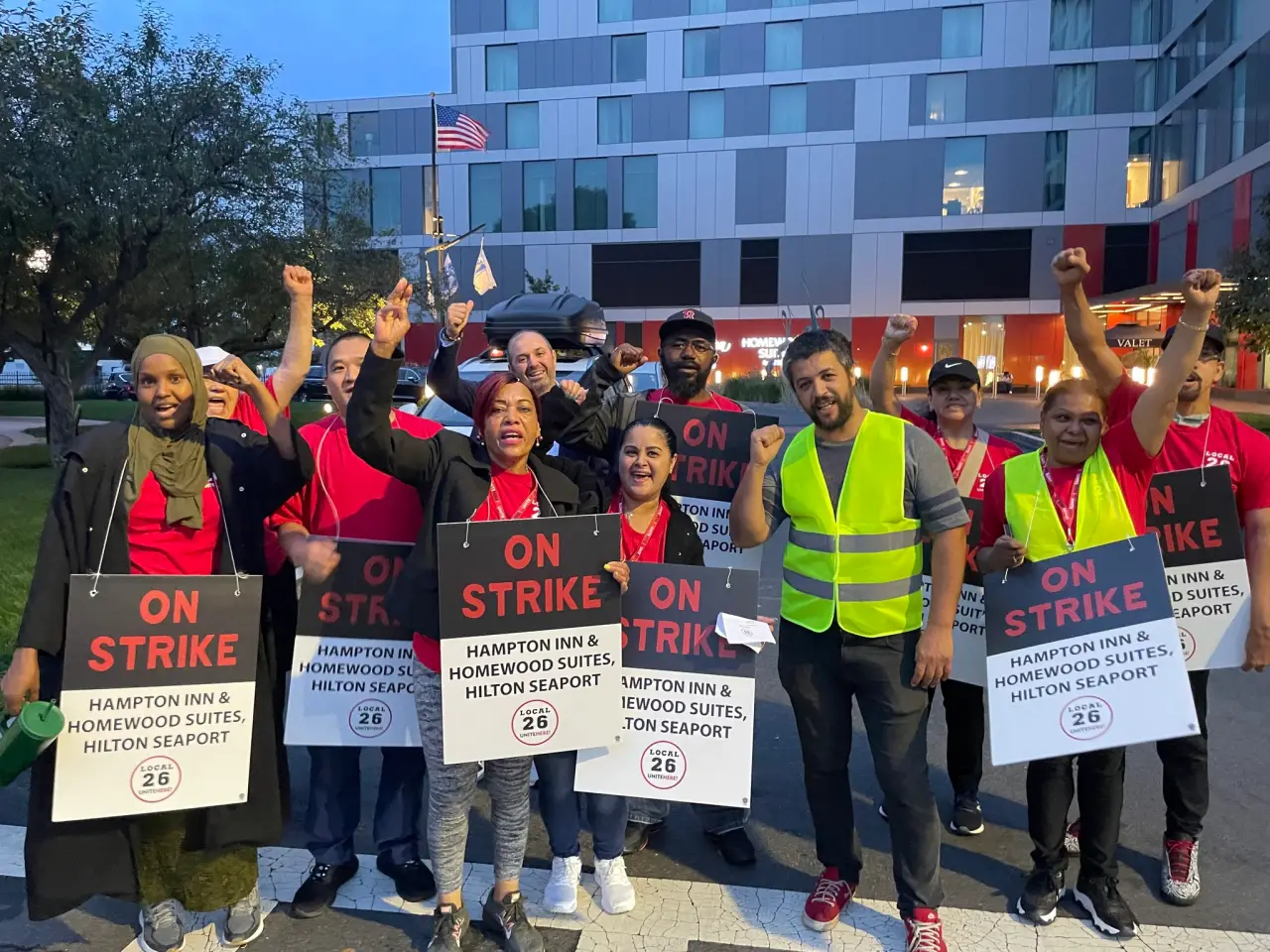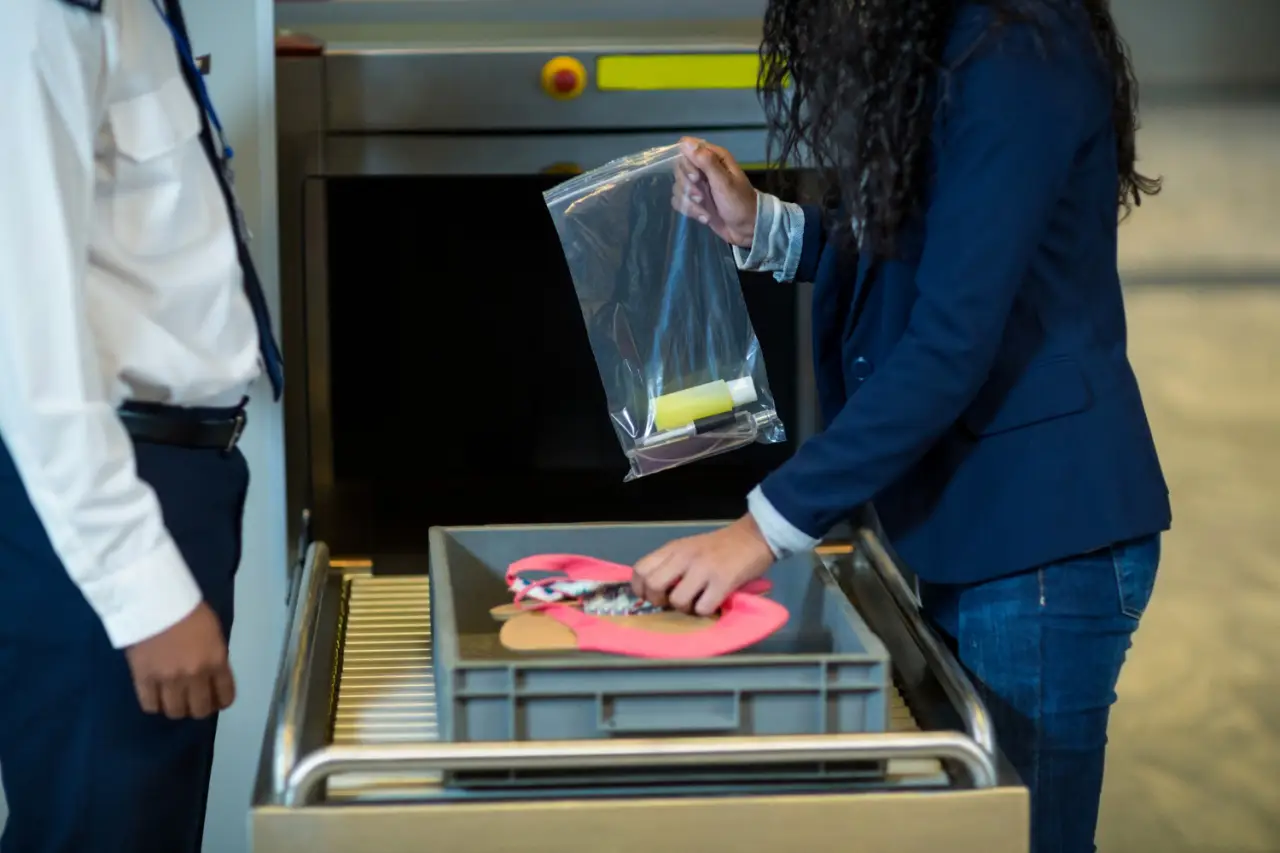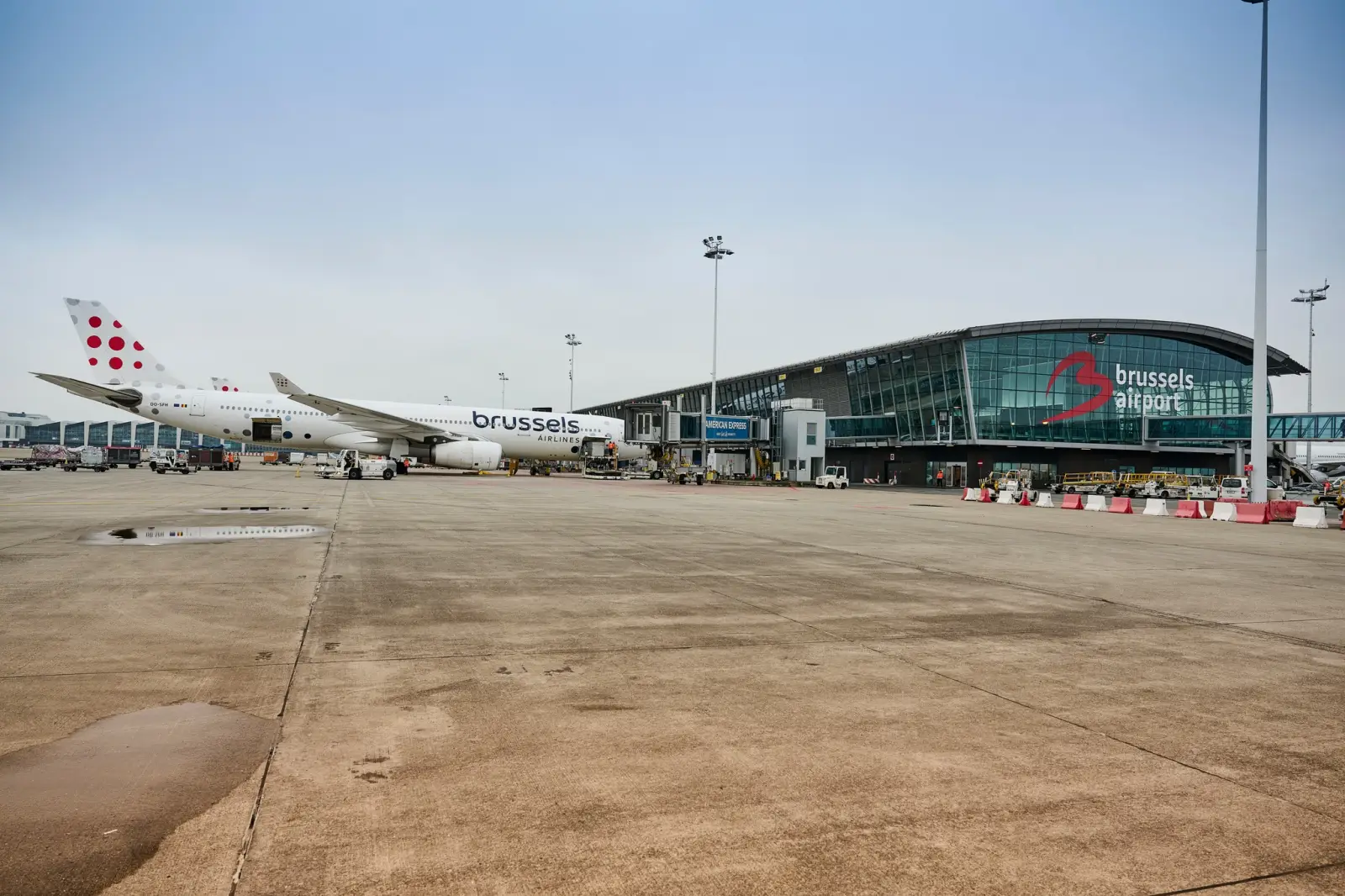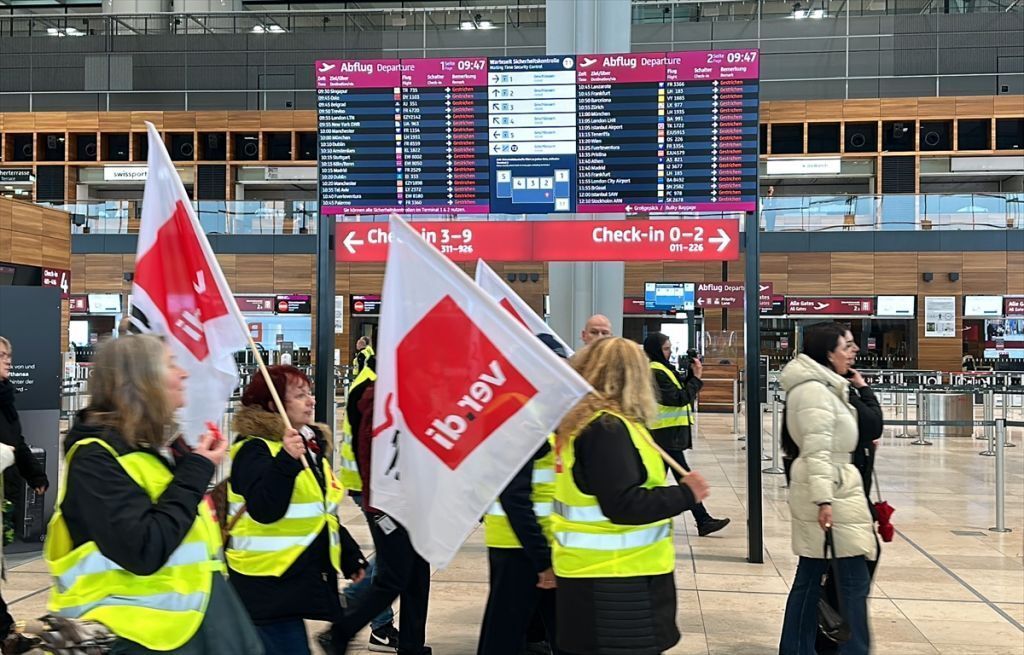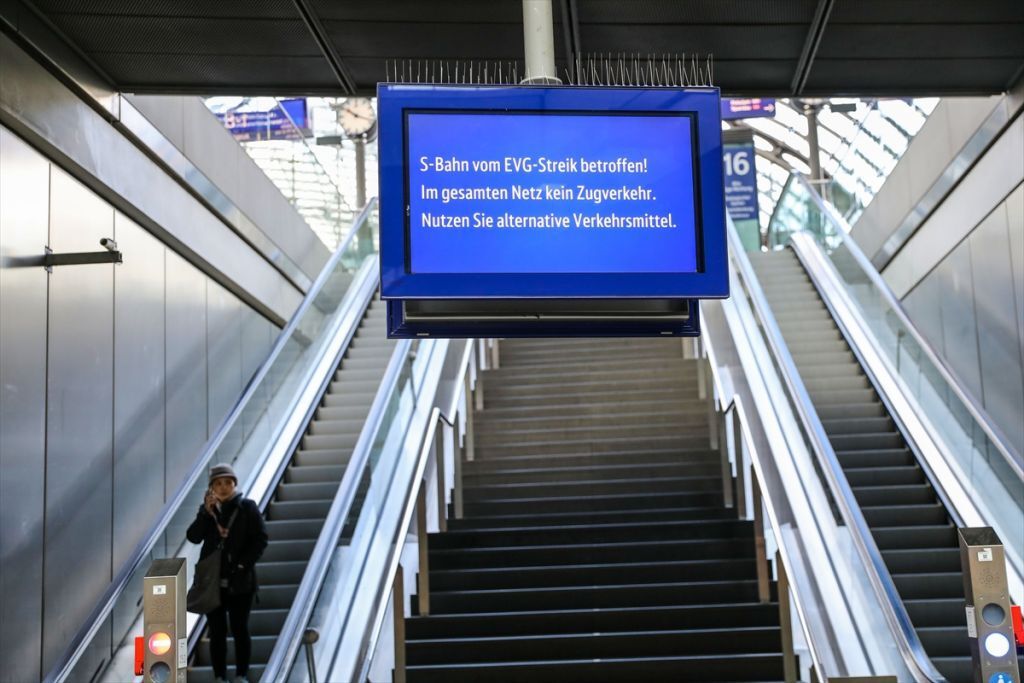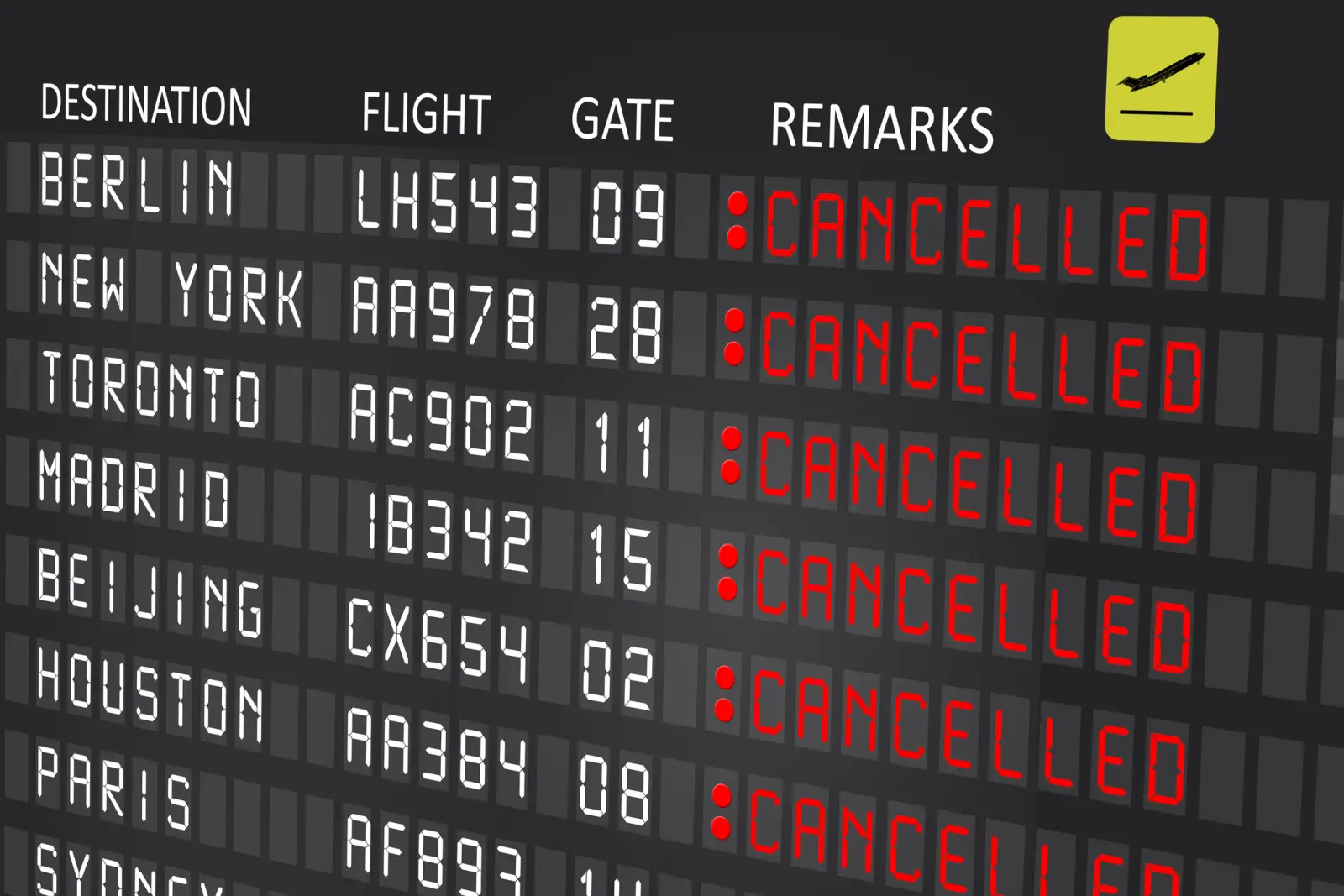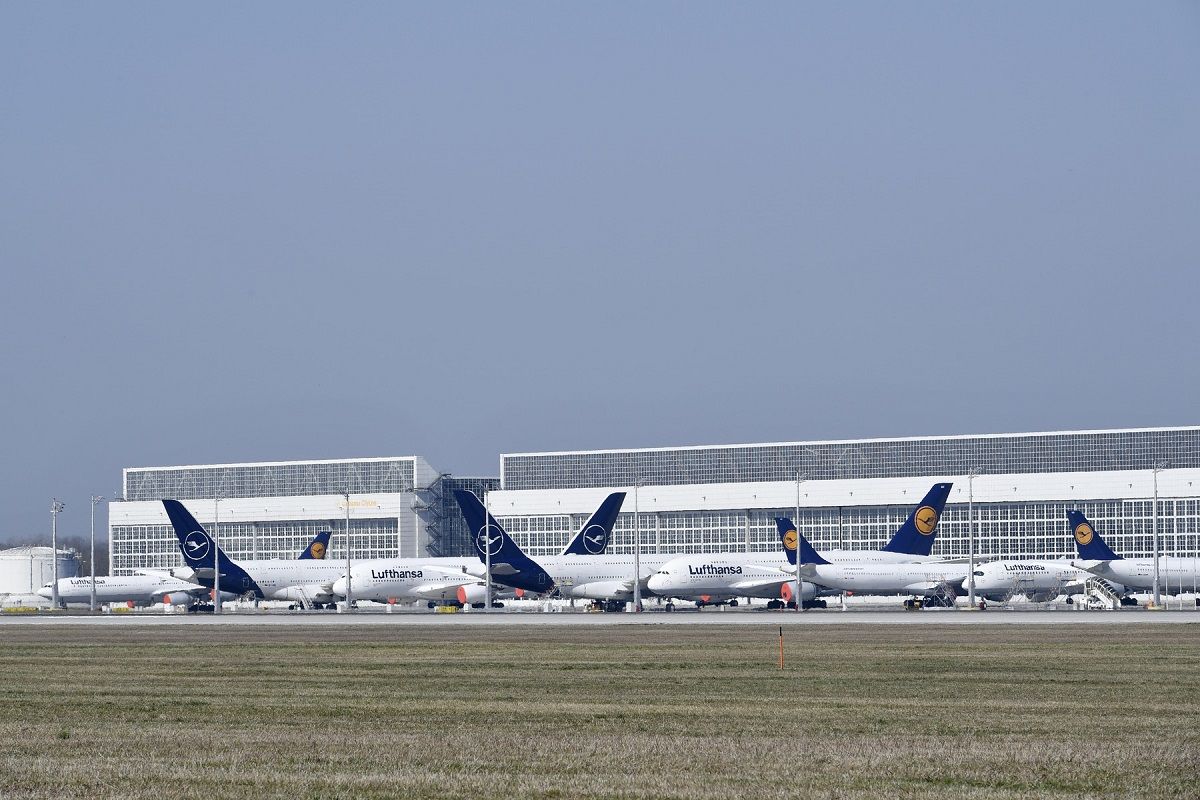Thousands of hotel workers strike across major U.S. cities, disrupting services at 24 hotels in eight cities during the busy Labor Day weekend.
Organized by the UNITE HERE union, the strike affects properties under major hotel brands such as Hilton, Hyatt, and Marriott, with workers demanding higher wages, fair staffing levels, and the restoration of guest services cut during the COVID-19 pandemic.
With approximately 10,000 workers participating, the strike comes after months of unresolved negotiations. Workers at hotels in cities like Boston, Greenwich, Honolulu, Kauai, San Diego, San Francisco, San Jose, and Seattle walked off the job, while more strikes have been authorized in Baltimore, New Haven, Oakland, and Providence, which could begin at any time.
Each city’s strike will last two to three days, but the impact will be felt most acutely during the holiday weekend, as hotels may operate with skeleton staffing or suspend services altogether.
The workers’ grievances are centered on the wage stagnation that leaves many unable to afford the cost of living in the cities where they work. In addition, many employees are calling for the reversal of COVID-era staffing and service cuts, which they say have left them overworked and guests underserved.
Mary Taboniar, a housekeeper at the Hilton Hawaiian Village in Honolulu, shared her struggle: “I have to work a second job because my job at the hotel is not enough to support my kids as a single mom. I’m living on the edge where I’m not sure if I’ll be able to pay our rent and groceries or provide my family with health care. It’s so stressful. One job should be enough.”
A Call for Fair Treatment
The strike action reflects a broader sentiment among hospitality workers who feel that the hotel industry has taken advantage of the pandemic to permanently cut back on staffing and guest services.
Workers like Christian Carbajal, a market attendant at the Hilton Bayfront in San Diego, express concerns about the industry’s future: “I’m on strike because I don’t want hotels to become the next airline industry. I used to work in room service, but after COVID, they closed my department. Now I work in the grab-and-go market. Guests complain to me that they can no longer get a steak delivered up to the room, and the tips aren’t what they used to be. I’m making less than I used to, and now two families share my house because we can’t afford the rent anymore. The hotels should respect our work and our guests.”
The union has called for guests not to “eat, sleep, or meet” at any hotel where a strike is taking place until a new contract is secured. They are encouraging travelers to consult the union’s Labor Dispute Map to find alternatives to affected hotels. Some properties are likely to see picket lines running outside 24 hours a day, adding further pressure on hotel management to resolve the disputes.
Profits Versus Paychecks
Despite room rates reaching record highs and the U.S. hotel industry generating over $100 billion in gross operating profit in 2022, staffing levels per occupied room have remained down 13% from 2019 to 2022. Many hotels have yet to restore services like automatic daily housekeeping, room service, and full food and beverage options that were cut during the pandemic, leading to heavier workloads for remaining staff and decreased guest satisfaction.
“Since COVID, they’re expecting us to give five-star service with three-star staff,” said Elena Duran, a server at Marriott’s Palace Hotel in San Francisco for 33 years.
She described the overwhelming pressure of understaffing: “A couple weeks ago, we were at 98% occupancy, but they only put three servers when we used to be a team of four or five. It’s too much pressure on us to go faster and faster instead of calling in more people to work.”
The current wave of strikes is not the first time UNITE HERE has mobilized its members for better contracts. Last year, rolling strikes at Los Angeles hotels and a 47-day strike at Detroit casinos resulted in record-breaking agreements.
Gwen Mills, International President of UNITE HERE, articulated the union’s stance: “Ten thousand hotel workers across the U.S. are on strike because the hotel industry has gotten off track. During COVID, everyone suffered, but now the hotel industry is making record profits while workers and guests are left behind.”
As Labor Day travelers face disruptions and possible delays, the strikes highlight a growing call for fair wages, reasonable workloads, and the restoration of full guest services in the hospitality industry. With many workers unable to afford living in the cities where they work, the movement is gaining support from both within the industry and the traveling public who sympathize with their plight.

